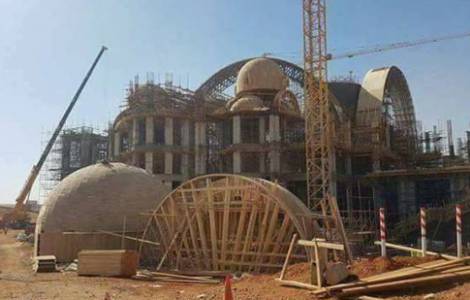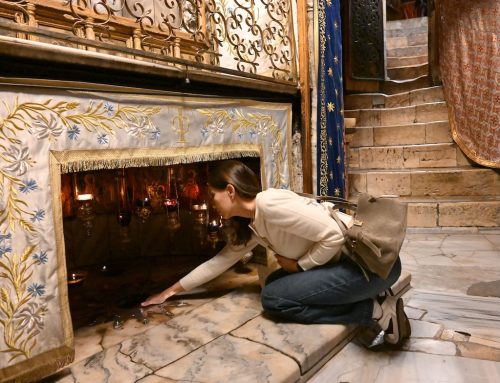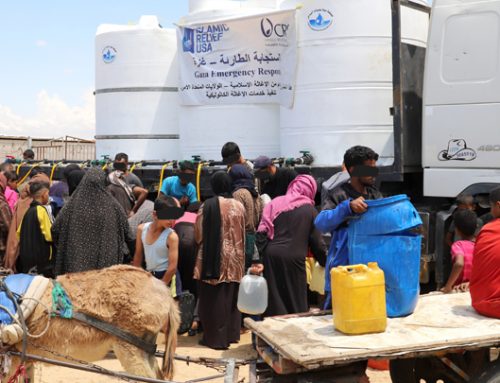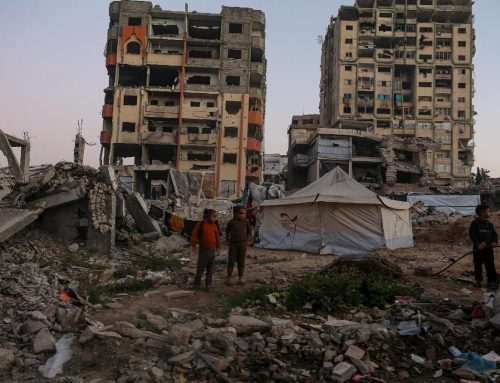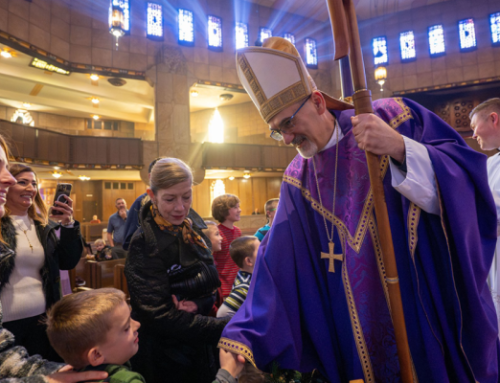Cairo – In the last days of 2020, the Egyptian government recognized full compliance with current standards for the construction of Christian places of worship and annex buildings of a new group of 62 churches and ecclesiastical buildings. The new certification of conformity was approved by the Prime Minister, Mostafa Madbouly, on the basis of the verification work carried out by the ad hoc government committee set up to carry out the global regularization of churches built spontaneously during the last decades in the absence of the necessary governmental and administrative authorizations. The number of regularized churches and ancillary buildings has thus reached 1,800 since the start of the process of legalizing Christian places of worship built in the past without the necessary permits.
The verification and regularization process began with the approval of the new law on the construction and management of places of worship, ratified by the Egyptian Parliament on 30 August 2016. Since then, the ad hoc Government Committee has met 18 times to give its nihil obstat to the regularization of churches and annex buildings until now considered in whole or in part as illegal.
Churches subject to the control of the ad hoc government committee are above all those built before the entry into force of the new law on the construction of buildings of Christian worship. The Committee is responsible for verifying whether thousands of Christian churches and places of prayer, built in the past without the required authorizations, meet the standards established by the new law. Verification usually leads to the regularization of places of worship.
In recent decades, many Christian places of worship had been built spontaneously, in the absence of all the necessary permits. Even today, such buildings built by local Christian communities without legal permits continue from time to time to be used as a pretext by Islamist groups to foment sectarian violence against Christians.
The law on places of worship of August 2016 represented for the Egyptian Christian communities an objective step forward compared to the so-called “10 rules” introduced in 1934 to the Ottoman legislation by the Ministry of the Interior, which prohibited, among other things, the building of new churches near schools, canals, government buildings, railways and residential areas. In many cases, the strict application of those rules had prevented the construction of churches in cities and towns inhabited by Christians, especially in rural areas of Upper Egypt.
Even the newly regularized churches of Egypt will remain closed to the faithful on the occasion of the upcoming Christmas liturgical solemnity, in accordance with the provisions of the ecclesiastical authorities in order to fight against the spread of Covid-19. Coptic Orthodox Patriarch Tawadros II himself declared that the decision to cancel community participation in the celebration of the upcoming Christmas festivities appears necessary to safeguard the health of people in the exceptional circumstances linked to the pandemic, urging all the baptized to prepare themselves spiritually to remember in their hearts the birth of Jesus Christ.
In normal times, Coptic churches are filled with faithful on the evening of December 31, for the end of year vigil and then on the night of January 6 to 7.
Source: Agenzia Fides

